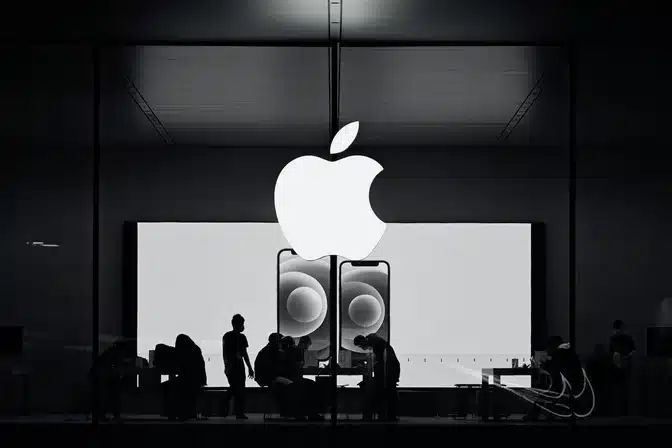Japan is taking a bold step toward reshaping the mobile software market. The Japan Fair Trade Commission (JFTC) announced new regulations that will force Apple to open up its iPhone ecosystem to third-party app stores. These changes are part of the updated Mobile Software Competition Act, which takes full effect on December 18, 2025.
The refined law follows a public comment period held earlier this year. Its main aim is to boost competition by reducing the dominance of tech giants like Apple and Google.

Major Shifts in iOS Access and App Store Practices
Under the new law, Apple must allow users to install apps from alternative app stores and use third-party payment systems. The company can no longer favor its own apps or services within the App Store. Users will also gain the right to set default apps for core functions such as web browsing and email.
Importantly, the law bans companies from exploiting user data in ways that third-party developers can’t. This aims to level the playing field and protect user privacy.
Biometric and Hardware Access Required
The regulations go beyond app stores. Apple and Google must now grant developers access to key device functions—such as microphones, speakers, location services, and even biometric features like Face ID and Touch ID.
Developers have long requested more control over these tools to enhance app functionality. However, Apple has pushed back, claiming that such access could weaken user privacy and security. The company also argues that it is unfair to offer proprietary technology to rivals at no cost.
What’s Next?
Until December, the JFTC plans to raise awareness about the upcoming changes and prepare for enforcement. Once in effect, Japan’s law could serve as a model for other countries looking to rein in tech monopolies and increase digital choice for consumers.
By forcing major changes in how Apple operates in Japan, the new law signals a shift in global attitudes toward mobile ecosystems and digital market control.











